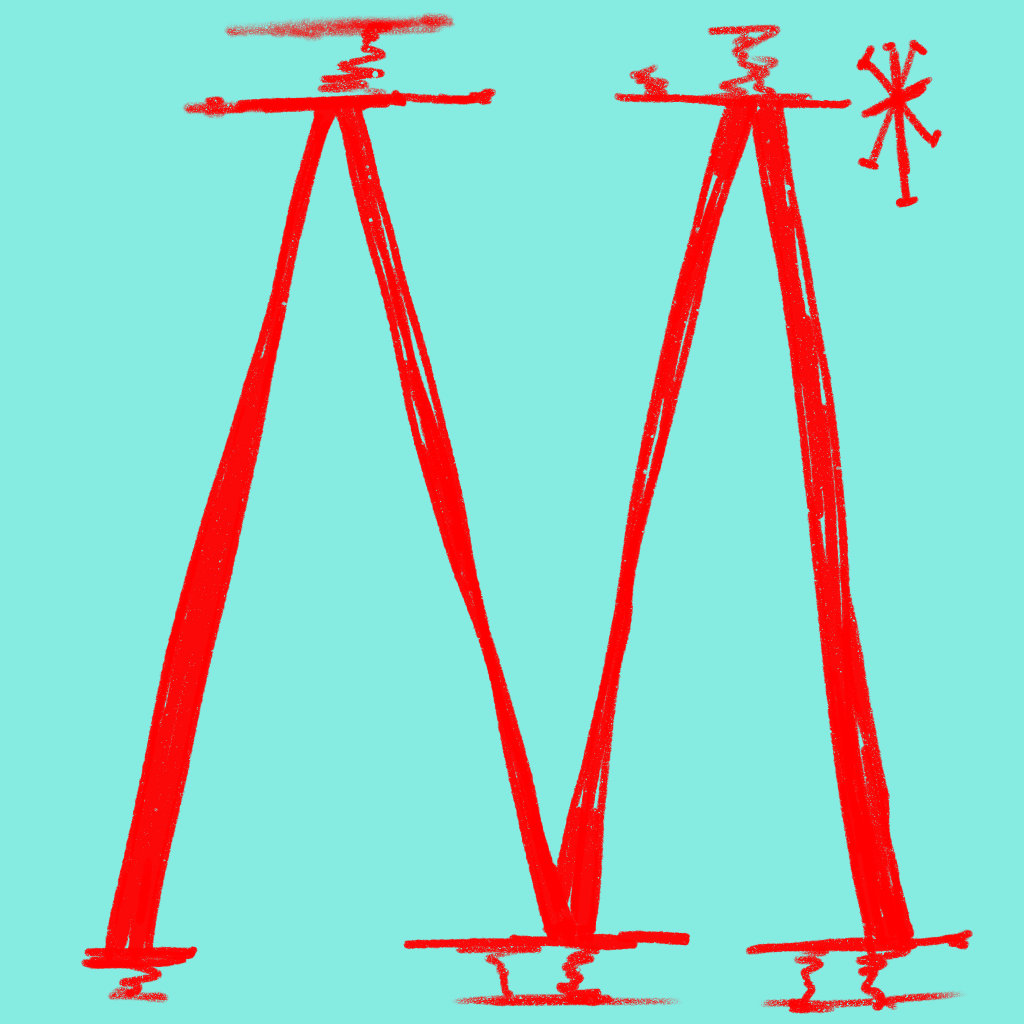

Monday 26 Feb
Tutorial

During the tutorial, we each reported on the direction and specific questions we had for the Interview Survey question. Our Tutor Cecilia mentioned this week’s research needs to be narrowed down, from Preliminary research to secondary research in detail.
Our group is currently working on two main areas of research – building communities on water and canal trust. Two very different directions though. But I think, to a certain extent, both building communities on water and canal trust are the focus of our research direction.
The direction of the water community, in my opinion, will be the main scene to express our FUTURE OF WORK. The group discusses what could be researched further.
In my pre-preliminary research, I mainly studied the years and regions affected by the rise of the water level.



In my opinion, when people’s living environment is compressed, the boundaries between life and work will become more and more blurred, and how to balance life and work will be one of the problems faced by the water community.
I would like to focus my secondary research primarily on entertainment activities in water communities and the ways in which residents communicate with each other.
Tuesday 27 Feb
I began to delve into the entertainment activities and connections of the residents of the water community.

In our preliminary research, Valentina mentioned Urban Rigger, the first community for urban residents living on water. By enabling life and homes on water, Urban Rigger contributes to a sustainable future – enabling comfortable, connected, and conscious living in the heart of our cities and towns.
It’s more than a place to live and work; it’s a lifestyle uniquely empowered by its relationship to water.

Human activity is built into the structure of a building, so I began by browsing the Urban Rigger website for information on building structures. Urban Rigger’s buildings were found to be irregularly triangular in shape.


Based on the form of the building, I drew a picture to analyse the possible Traffic Flow of the residents.

I noticed that the primary reason the water community project of UR was successful in its on-ground operations and community-based management was due to the strong community structure that allowed for ample interaction space.
As I considered community building, I also began to envision ways to visually depict the experience of living on the water.
Wednesday 28 Feb
Me and Ziff(one of the group members), We began to brainstorm ideas for how to visually present the water community.
Our initial experiment involved using animation to visualize the daily life of residents in a water community. So I started experimenting with animation using Procreate.
After spending much time creating both of these minimalist animations, it became evident that the animation was having difficulty fully conveying what we were envisioning in terms of the presentation of the significant scene with the storyline.
Thursday 29 Feb
In our previous discussion, we identified the location of the water community in London. To better represent large scenes such as water communities, companies on the water, etc., Ziff and I decided to use simple modelling to represent London as the level rises, and the buildings on the water.
I began by creating sketches of the residential and work zones of the water community.


I also used the outline of a map of London to model the Water World’s map in our group’s speculation.


Friday 1 March
Colleen communicated via email and obtained permission from the founder of Word on the Water Bookshop for our interview request. I went with Colleen and Sia to Word on the Water, a boat bookshop, to research canal-based businesses.

